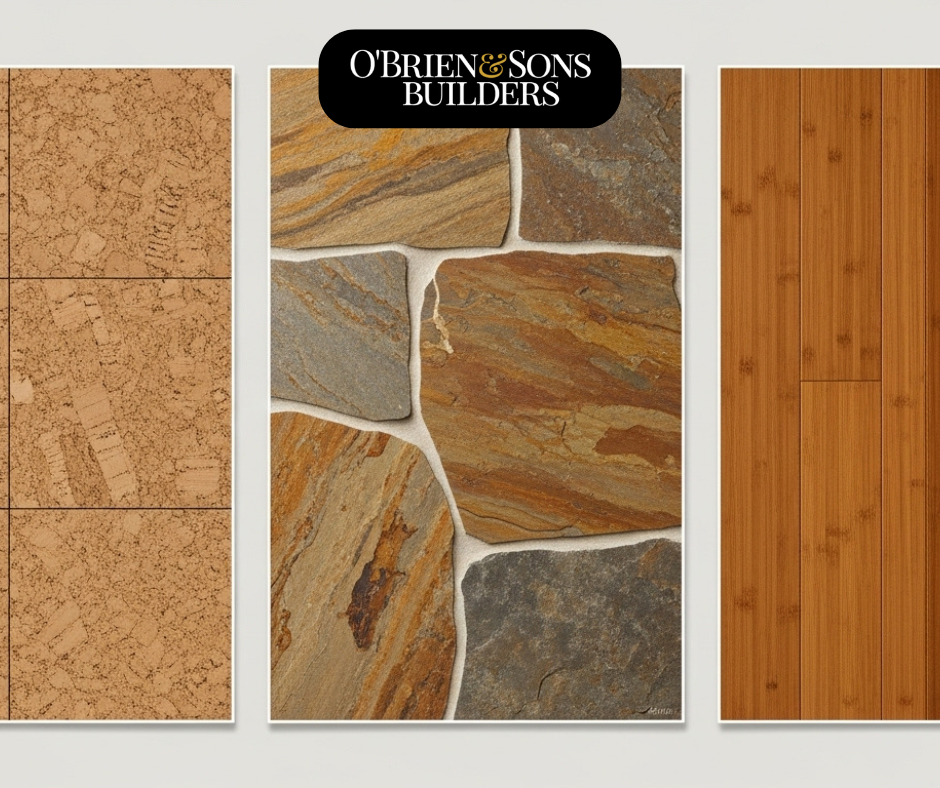When it comes to updating your home’s interior, one of the most important decisions you’ll make is selecting the right Flooring material. The surface underfoot affects not only how your space looks but also how it feels, functions, and performs over time. With so many options available, it can be tough to decide between vinyl, hardwood, and tile. Each has its own set of strengths, depending on the needs of your home and lifestyle.
Understanding Your Needs
Before diving into materials, assess the requirements of each room. Are you looking for moisture resistance, warmth, durability, or easy maintenance? Understanding the purpose and traffic level of the space will guide your choice. Whether you’re renovating a high-traffic hallway, a kitchen, or a cozy bedroom, your flooring selection should match the function of the space.
Vinyl Flooring: Versatile and Budget-Friendly
Vinyl has become a popular option in modern homes due to its affordability, durability, and design flexibility. Luxury vinyl planks (LVP) and luxury vinyl tiles (LVT) mimic the look of wood or stone at a lower cost. They’re waterproof, easy to install, and comfortable underfoot, making them ideal for kitchen flooring, bathrooms, and basements.
Pros:
- Water-resistant and great for high-moisture areas
- Wide range of styles and textures
- Low maintenance and easy to clean
Considerations: Vinyl is less heat-resistant and may not offer the long-term resale value of natural materials.
Hardwood Flooring: Timeless Beauty and Longevity
Hardwood is a classic choice known for its natural beauty, warmth, and ability to elevate any interior. It adds character to a space and increases a home’s overall value. Available in a variety of wood species, stains, and finishes, hardwood is perfect for living rooms, dining rooms, and bedrooms where aesthetics and comfort matter most.
Pros:
- Elegant and long-lasting with proper care
- Can be sanded and refinished multiple times
- Boosts home value and appeal
Considerations: Hardwood is more vulnerable to water damage and can dent or scratch in high-traffic areas without proper protection.
Tile Flooring: Durable and Moisture-Resistant
Tile—especially ceramic and porcelain—is ideal for areas prone to water exposure and heavy use. Its hard surface resists stains, scratches, and moisture, making it one of the best options for bathroom flooring, kitchens, and entryways. Tile also offers a wide variety of colors, shapes, and patterns, allowing for creative design possibilities.
Pros:
- Extremely durable and long-lasting
- Waterproof and easy to sanitize
- Highly customizable in design
Considerations: Tile can be cold and hard underfoot, and grout lines may require periodic maintenance to stay clean and fresh.
Comparing Maintenance and Longevity
Maintenance is another key factor when choosing Flooring. Vinyl requires only basic sweeping and mopping. Tile is also easy to maintain but benefits from sealing grout over time. Hardwood needs regular care to avoid scratches and moisture damage but can last decades when maintained well. Think about how much upkeep you’re comfortable with when making your decision.
Room-by-Room Recommendations
- Kitchens and Bathrooms: Vinyl or tile are best for moisture resistance.
- Living Areas: Hardwood adds warmth and charm to high-visibility rooms.
- Basements: Vinyl is excellent due to its water-resistant properties.
- Bedrooms: Hardwood or vinyl offer a cozy, inviting feel.
Final Thoughts
Choosing between vinyl, hardwood, and tile comes down to your lifestyle, budget, and design preferences. Each material has its unique advantages depending on where and how it will be used. Whether you value durability, natural elegance, or low maintenance, your perfect Flooring solution is out there. With thoughtful planning, you can find a surface that complements your home beautifully and stands the test of time.

